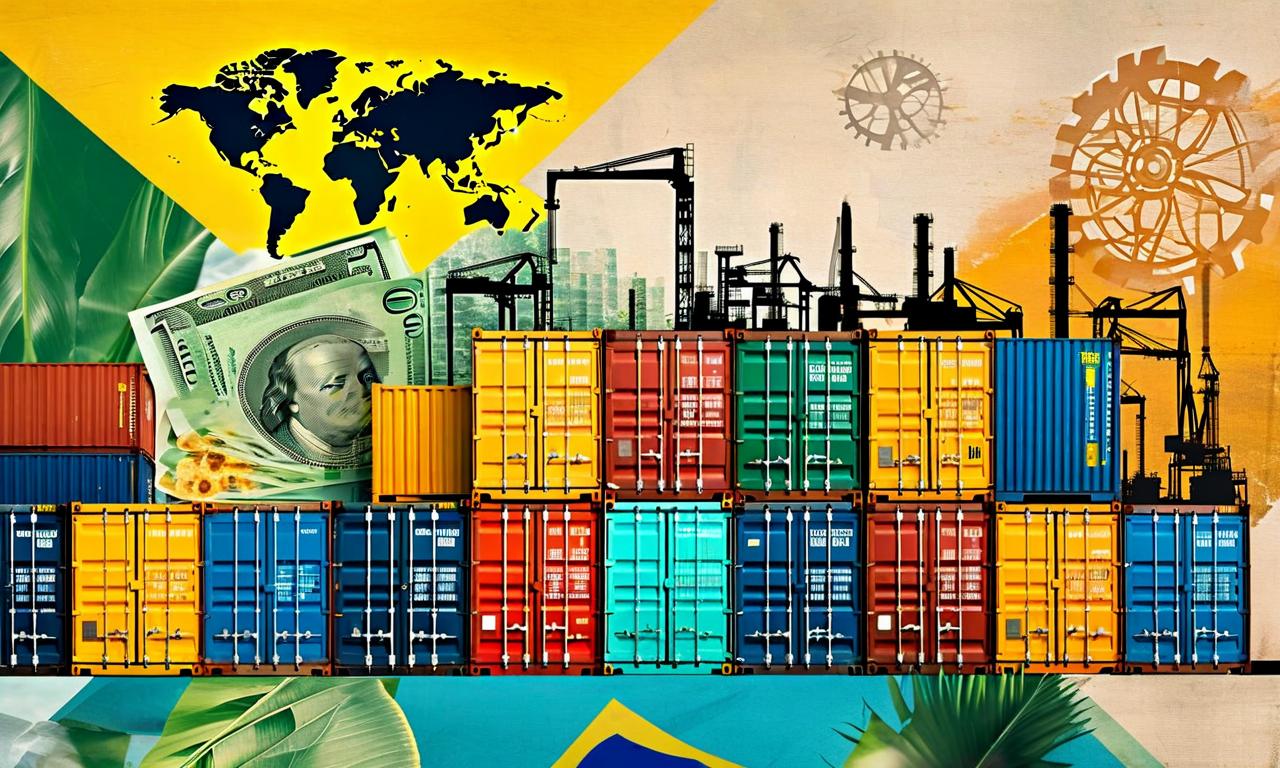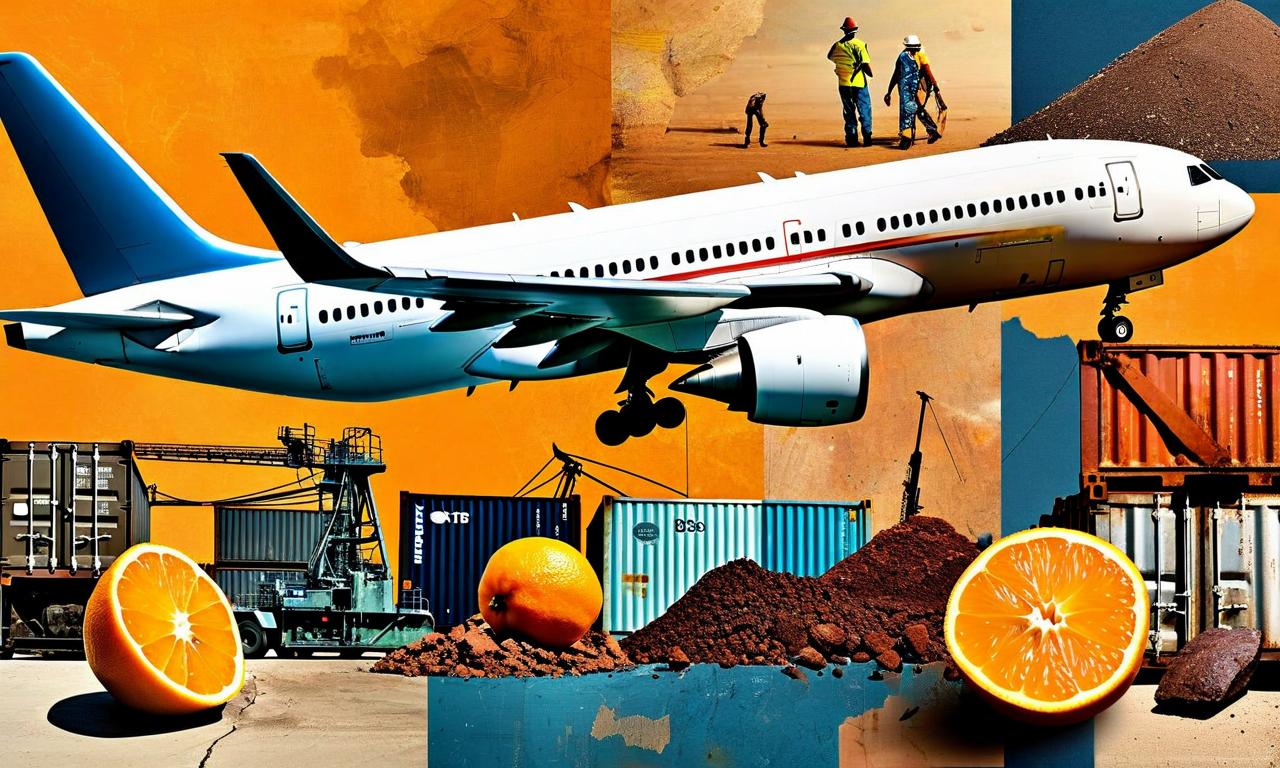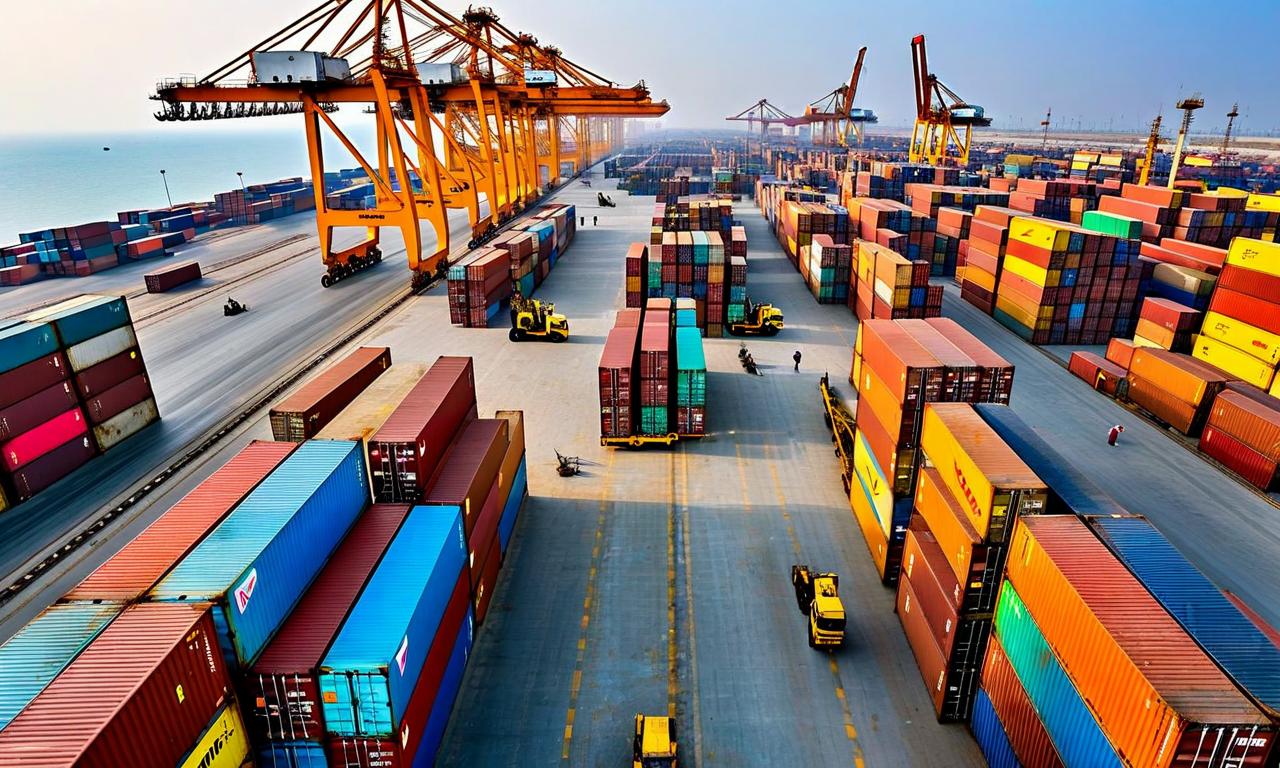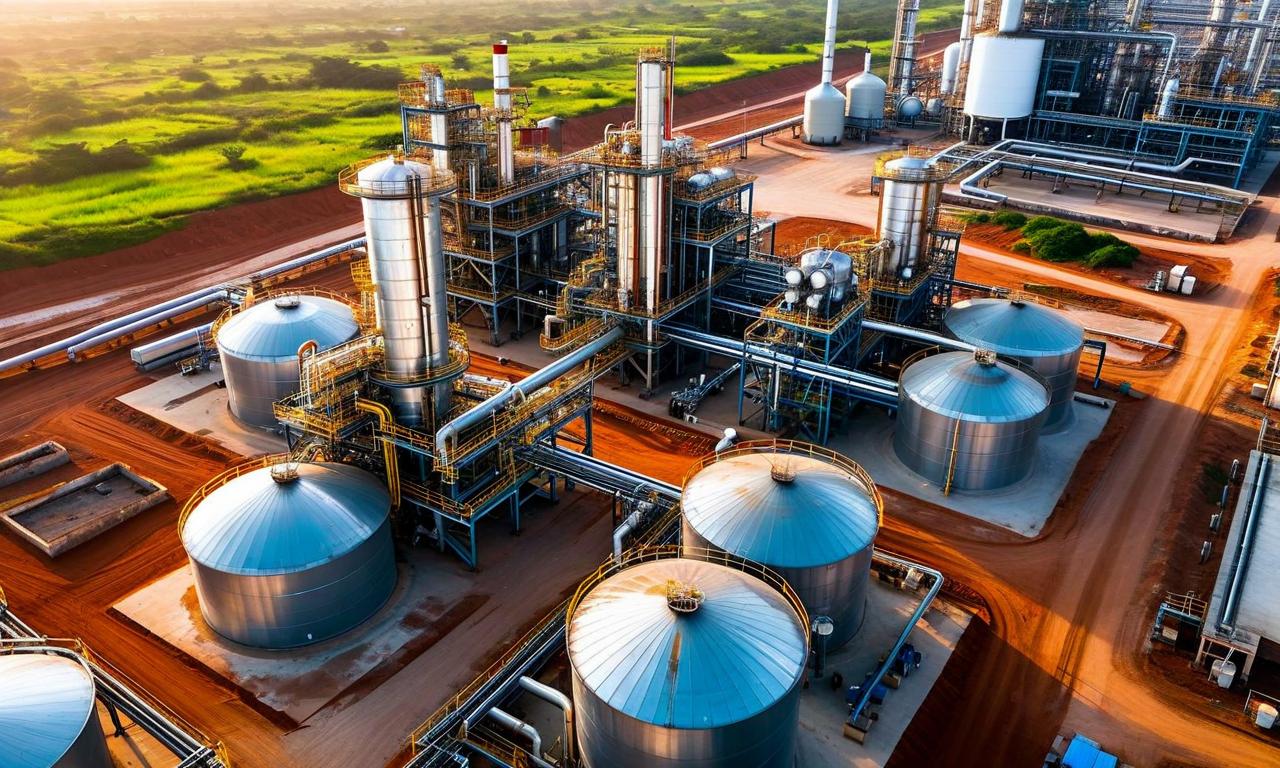Brazil Unveils $5.5 Billion 'Sovereign Brazil' Plan to Counter US Tariffs
Brazil has introduced a comprehensive economic support package called 'Sovereign Brazil' in response to recent US tariffs on Brazilian exports. The plan, valued at 30 billion reais ($5.50 billion), aims to support local companies affected by the 50% US tariff. Key components include tax relief, support for SMEs, expanded export insurance, and incentives for public procurement. President Lula has opted not to impose reciprocal tariffs on American imports. The Brazilian industry confederation chairman described the plan as 'palliative, but necessary.'

*this image is generated using AI for illustrative purposes only.
Brazil has launched a comprehensive economic support package dubbed 'Sovereign Brazil' in response to recent US tariffs on Brazilian exports. The plan, valued at 30 billion reais (approximately $5.50 billion), aims to bolster local companies affected by the 50% tariff imposed by the United States.
Key Components of the 'Sovereign Brazil' Plan
Tax Relief: The package includes measures to postpone tax charges for affected companies, providing immediate financial relief.
Support for SMEs: Small and medium-sized enterprises will benefit from 5 billion reais in tax credits, available until the end of 2026.
Export Insurance: The plan expands access to insurance against cancelled orders, mitigating risks for exporters.
Public Procurement Boost: Incentives will be provided to encourage public purchases of items that can no longer be exported to the US due to the tariffs.
Political Context and Reactions
President Lula has taken a measured approach, stating that Brazil will not impose reciprocal tariffs on American imports at this time. The US tariffs are reportedly linked to the judicial situation of former President Jair Bolsonaro, who is currently under house arrest.
Adding to the complexity of Brazil-US relations, US Secretary of State Marco Rubio announced new sanctions on Brazilian officials related to Cuba's medical program.
Industry Response
Ricardo Alban, chairman of the Brazilian industry confederation, described the 'Sovereign Brazil' plan as "palliative, but necessary," acknowledging the immediate need for support while implying that more comprehensive measures may be required in the long term.
International Trade Implications
This development highlights the ongoing tensions in international trade relations and the ripple effects of political situations on economic policies. The Brazilian government's swift response demonstrates its commitment to protecting domestic industries and maintaining economic stability in the face of external pressures.
As the situation unfolds, the effectiveness of the 'Sovereign Brazil' plan will be closely watched by both local businesses and international observers, potentially setting a precedent for how countries can respond to sudden trade barriers in an increasingly complex global economic landscape.

























